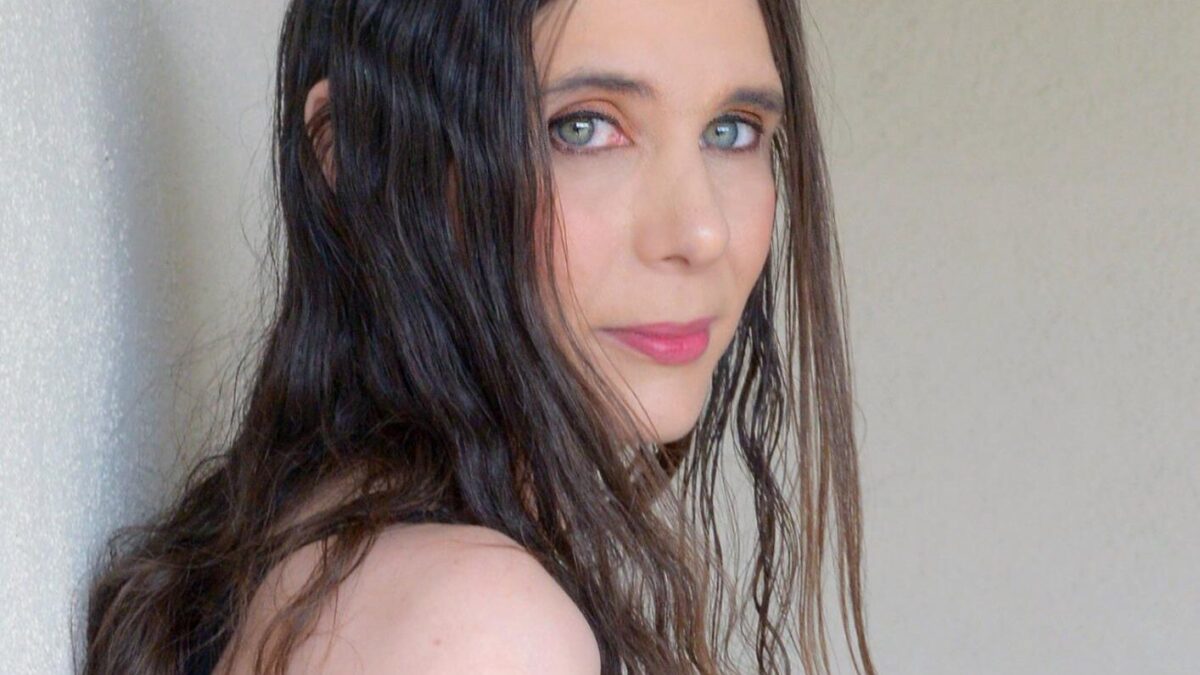
Jacqui Blue is a filmmaker, hypnotherapist, and writer raising her five sons in Southern California. She has a lifetime background in theater and writing. After leaving an abusive marriage she put herself through film school, moved across the country, and released her first film in 2014 Beautiful Births. She was then one of 10 Directors selected by James Franco for his Masterclass Sex Scenes. She went on to work with Jared Padalecki & T.O.N.E-z in her Documentary addressing the suicide crisis, I Chose Life. In 2016 T.O.N.E-z hired her to co-write, direct and edit a passion project of his.
indieactivity: How do you choose a project to direct?
Jacqui Blue (JB): I like to work on projects that make people think, feel or laugh. My documentary films are projects that I feel are really important conversations we need to have in society. I’m not out to change minds but to share information. My hope is that after watching my documentary, you will have learned something new. What you do with that information is up to you. I want to open minds and spark conversations. Documentary films are a unique genre that I think tends to make people take a stand on things that matter or it leads them to do more research on a subject. Black Fish made a huge impact regarding Sea World and Orcas in captivity. Food, Inc and Super Size Me made impacts on the food industry. The Business of Being Born led more women to seek out midwifery care.
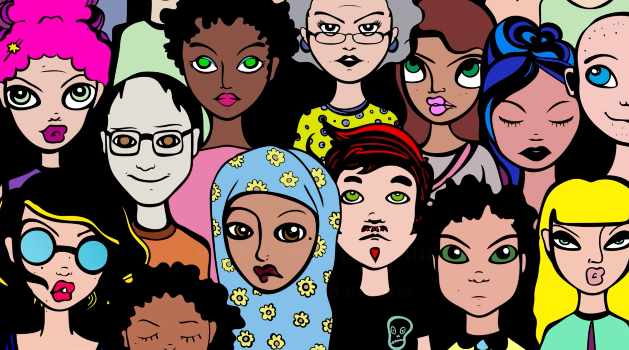
I had done a few narrative short films. I’ve done dramas, comedies, and romantic horror. I enjoy those genres as well. I also have several feature screenplays I’d like to someday see produced or direct myself. I’m drawn to stories that have strong and interesting characters, I’m interested in character developments and character arcs, as well as a good story that actually says something. If I’m creating a drama or horror, I want you to feel it. If I’m creating a comedy, I want you to laugh and smile so hard it makes your face ache.
Why filmmaking and screenwriting? Why did you get into it?
Jacqui Blue (JB): I’ve been writing since I was nine. It started as poetry and short stories which evolved into novels and stage plays by senior year in high school. Eventually, that led to screenwriting and co-authoring a book as well as writing a few of my own (unpublished). I feel like writers are people who don’t decide to write, they have to write. We feel compelled to write. We’re wordy in our emails, our vocabularies are broad because we use thesauruses are reference books; there are telltale signs when you meet a natural writer. I wouldn’t say I “got into it” as much as it got into me. It’s just a part of who I am and have always been.
Filmmaking is something that made sense when I was putting my writing, camera, and editing skills together. Once I started down that path, it became that “ah-ha!” moment where I realized this is what I really wanted to do with the rest of my life.
How can a filmmaker get her film in front of an audience?
Jacqui Blue (JB): Once you know who your audience is, you can reach out to them directly. Join online forums, pages, and groups on the topic of what your film is about. If your film is about Bigfoot, Vampires, UFOs, or Sharks join groups were of people who share those interests. Start to build your audience by telling them about your project, get people interested in and involved with your project, and then through marketing to your audience directly, you can build a mailing list or a social media page and release your film on your own website, on a Vimeo on-demand page, or even put it up on Amazon (if you want one penny per hour that your film is streamed).
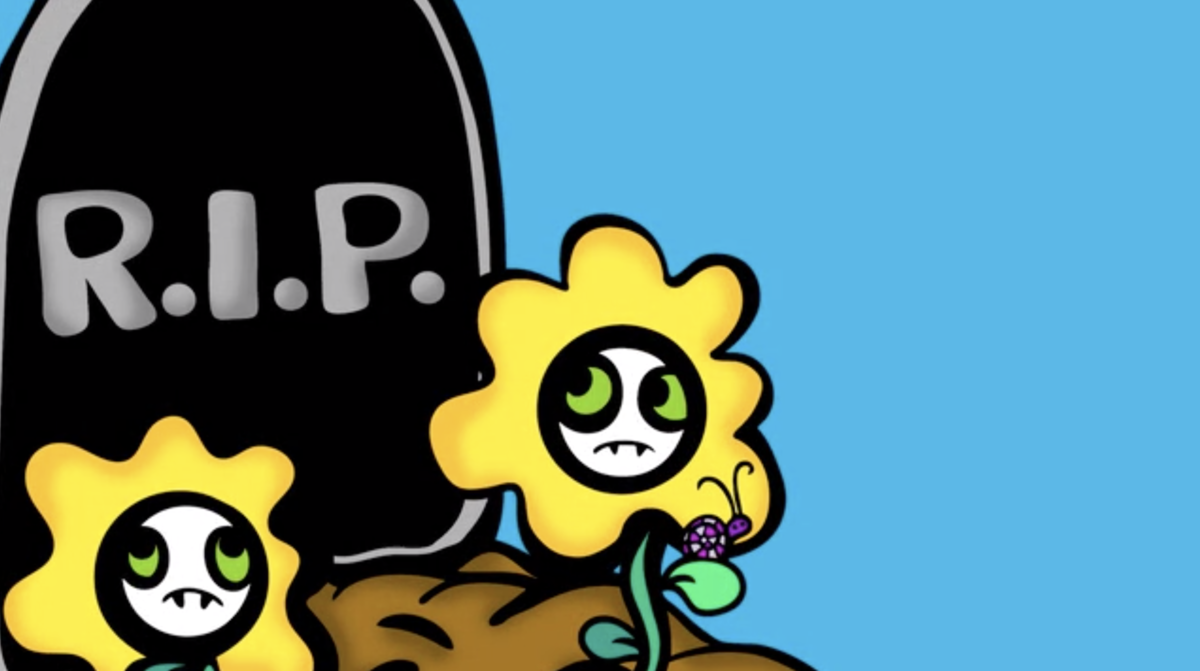
Is there anything about the making of independent film business you still struggle with?
Jacqui Blue (JB): Financing. Always financing. That’s the biggest struggle but I manage to do it anyway. My films would be of much higher quality and I’d be able to pour funds into PR and marketing for a wider audience reach if I had it financed. I would love to be able to hire a much better editor than myself. But I have the skills to do it on my own, a strong vision, and a lot of passion, motivation, and determination to do it myself with or without money.
Talk to us about your concept of collaboration?
Jacqui Blue (JB): I think collaboration is great. Unfortunately, it can be hard to find solid collaborative partners who don’t flake out when it comes to actually doing the work or just want their names attached to the celebrity in your project, but when you do find a compatible collaborator, it can be magical. I think I have finally found that and it’s made a world of difference compared to doing it all alone all the time. I look forward to his teamwork on upcoming projects and the future documentaries that are in the pipeline.
What uniqueness do female directors/filmmakers bring to film/tv/cinema?
Jacque Blue (JB): I never really equated my gender with making films, not even when I was making a film about birth. I just saw myself as a director, producer and editor with a job to do and information to share. But if I think about it, female directors deviate from telling stories tainted by the perspective of the male gaze. We get to see women as well rounded characters with personality, curves and imperfections
When you are offered a project, what things do you put in place to deliver a good job?
Jacqui Blue (JB): When T.O.N.E-z approached me with his story SED (Thirst), we discussed the story, he told me what his vision was. I read through the story and gave him my notes on the script. He gave me permission to rewrite it, so I did and together we decided to remove the dialog and tell a sort of silent story. We sat down and made a lot of creative decisions together but when I had suggestions, he was always open to them and trusted my vision, which I appreciated. I was the one who ultimately secured the location and ended up editing the film when the women who were supposed to produce and edit disappeared, bailing on the project. When I am offered a project and I believe in the project, I’ll take on whatever additional role I’m needed in and will do what it takes to see the project through to completion. I believe in getting things done, it’s not always easy but always worth it.
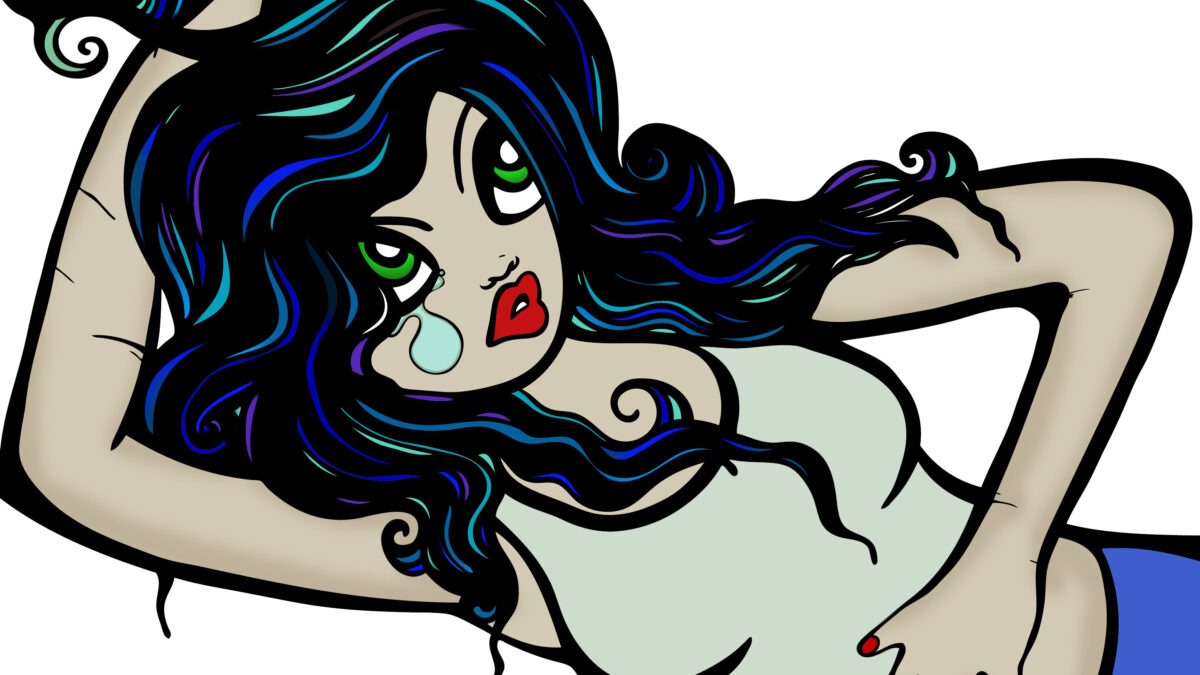
How do you find the process of filmmaking as an indie filmmaker?
JB: I think independent filmmakers have more freedom and creative control than those who are hired and fired by the studio system, so even though it may be a rougher road with little to no industry support and having to work a hundred times harder just for the smallest bits of recognition, it’s better than selling my art out to some corporation who would remove the heart and soul out of the project. So as an independent filmmaker, our projects may not be as fancy or done up to perfection, they have minor flaws and imperfections but they also have more charm and heart than the visually stimulating movies that lack creative storytelling.
As far as the specific process? I think it’s different for everyone. I can only speak for myself and for me, I find the documentary process where there’s a lot of research involved and listening to other people’s stories. I think any good storyteller of any medium has to do a good amount of research on their subject if they want to get a broad perspective and for it to resonate with their audience. And the creative vision is always a huge part of it as well, so trying to find a way to fit the information into the vision is always my favorite challenge involved with documentary filmmaking.
Why choose an actor, writer or producer? What do you look for?
JB: When it comes to actors I look for the person that fits the role. I don’t always know who that is until they walk in and read for the part and you just know that’s your character! I don’t think it’s about the right “look”, but rather its about the right energy, the right delivery of the lines and then the pairing of actors – does the actor have chemistry with the other actors cast? Chemistry is a big deal when it comes to casting, in my opinion. I like writers who aren’t married to their work and can be flexible with the storyline.
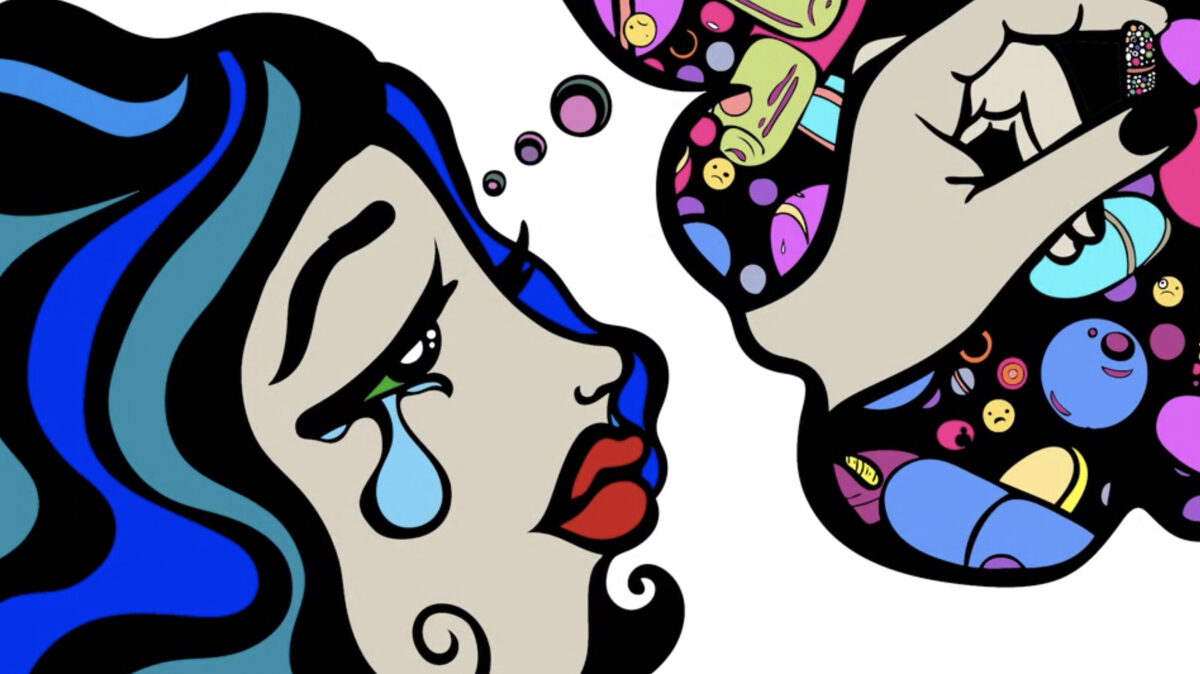
If I, as the director, want to change something, the writer needs to be accepting of that. When it comes to producers, I’d want someone who can see, appreciate and understand my vision and can work with me to bring that vision to life. Dedication to the project is important also so I also want producers who have a proven track record of staying with a project after production and continue to promote it for the life of the film.
At what period in the filmmaking process, do you need to start planning for distribution?
JB: I was leaning towards independently releasing my second documentary after researching and talking with other independent filmmakers about distribution. After hearing so many horror stories from peers about how they got screwed over by their distributor, their distributor didn’t do any marketing, they were still awaiting payments, how little they were making per view and on and on, it turned me off of the idea of even attempting to go that route. I figured if I couldn’t get a major distribution deal then I was going to do it myself. So that’s what I did.
When you don’t have representation and don’t have an agent or publicist getting you on tv and in big magazines to promote your project, you’re not going to get much mainstream media attention. So you may not reach as many people, but at least you’ll make more money than one penny per hour of streaming like you would make if you put your film on amazon. I think they rip off filmmakers and it’s truly insulting. Out of respect for myself and other filmmakers, you will never find my films on amazon.
Indie filmmaking is a model of a small budget. How do you get a film for the audience?
JB: Speaking from my own experience, I can say that I’ve found success with Vimeo on Demand and releasing it on my own personal website. Your audience needs to know your film exists, they need to know about it and when you’re telling them about it, you can also tell them where they can watch it. More importantly than being on Hulu or Netflix is getting PR, getting press, marketing your film so people know about it.
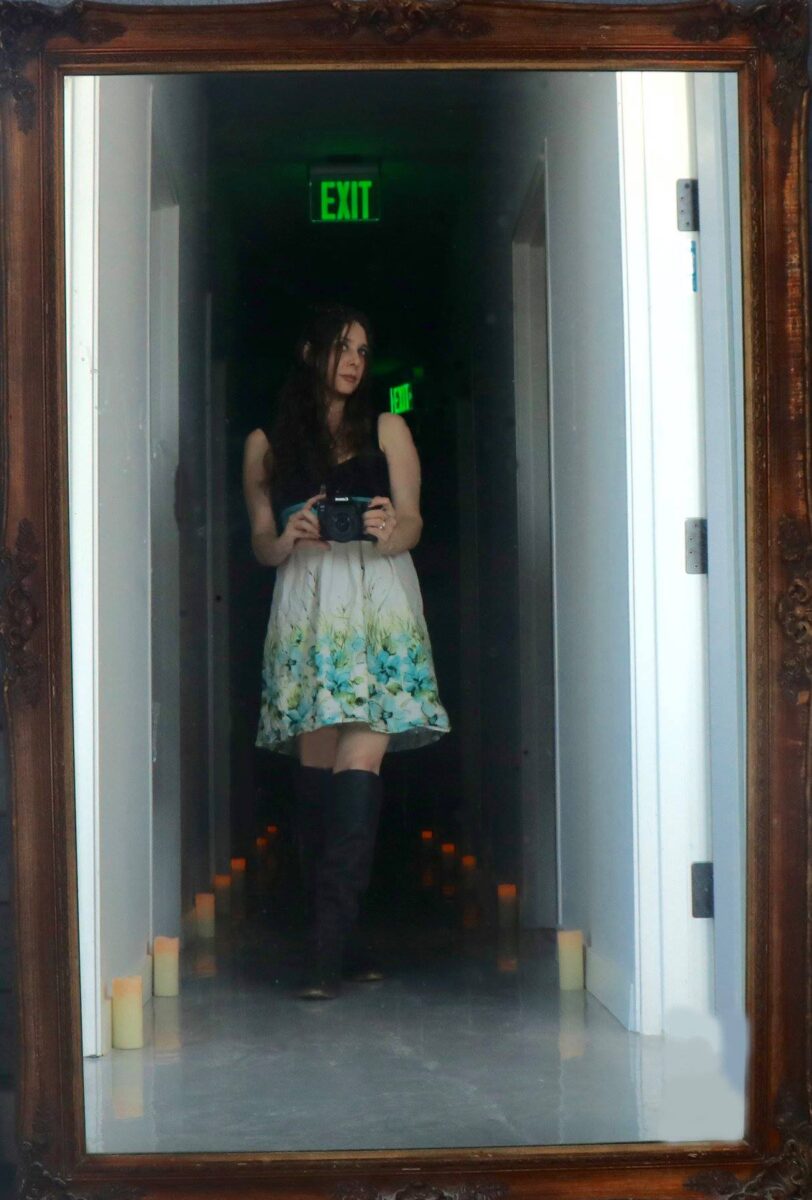
If they’re your audience, they will go watch it on Vimeo or your website or wherever else you choose to host it. Even if it’s on a platform like Amazon, Hulu, Netflix or iTunes, there are so many titles on those streaming sites that without marketing, your film easily gets lost in the shuffle so if you want to get your film to your audience, I advise the market and promote your film as best you can!
How do you think filmmakers can finance their projects?
JB: Well, I don’t recommend crowdfunding. First of all, it rarely works. Second of all, the only people who advocate for that are other filmmakers and all of our non-filmmaker friends think it’s petty and silly that we would ask them for money for a movie when other people have gofundme set up to help pay their bills, get their dog a much-needed surgery, funeral funds, you know? Important stuff. Our non-filmmaking friends and family think we are jerks for asking them for money for films.
So stop that! Even your other filmmaker friends are rolling their eyes at how many filmmakers are all doing the same exact thing. At any given time I have 20+ filmmakers on my social media begging for money. In return, you get their undying thanks, signed posters from unknown cast and crew, and if you pay enough, a free screening of the film, maybe even your name in the credits as a producer. It isn’t working. It just makes filmmakers look like panhandlers. If you have good credit, take out credit cards or a loan. As someone who made two feature documentaries with no money, I don’t have any other advice or thoughts on this one.
Describe your most recent work or film?
JB: I Chose Life: Stories of Suicide & Survival is a documentary that addresses the suicide crisis. It took a total of five years from pre-production to release. It is the most in-depth documentary on the subject so far. The documentary follows the story behind the making of The Last Train, a film based on Anthony Montes’ real-life suicide attempt, and also shares many stories from people who lost loved ones to suicide as we really dive into many angles around this topic. The film discusses military and veteran suicides, nutrition, history, mental illness, warning signs, risk factors, warning signs, and more.
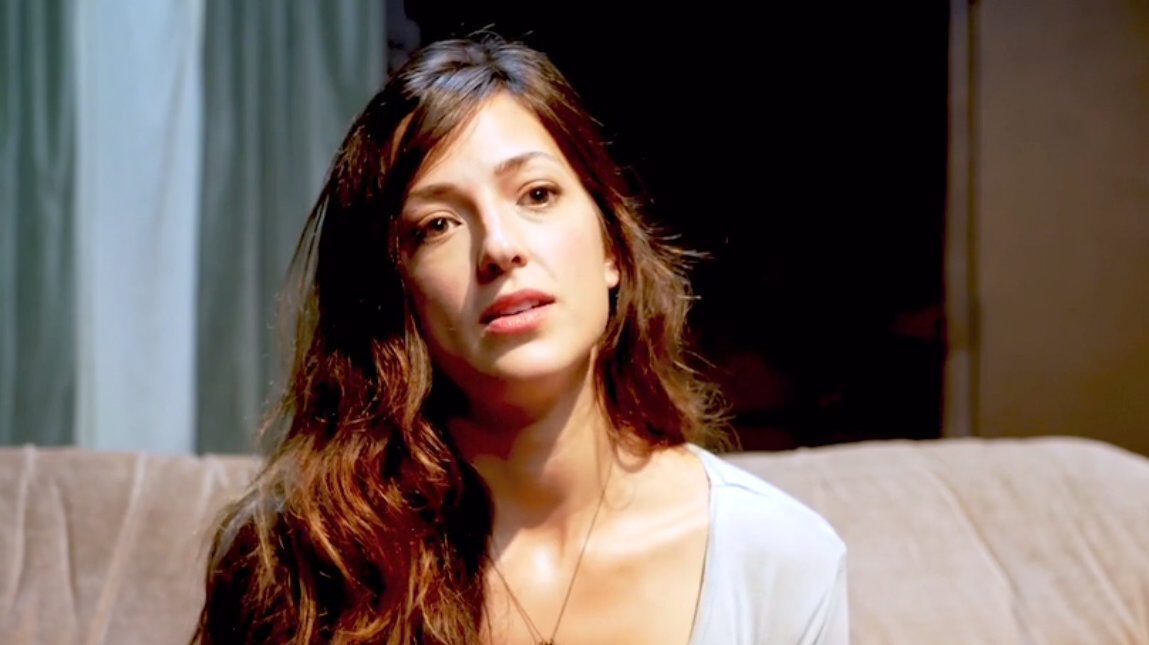
Jared Padalecki of Supernatural and Gilmore Girls is heavily featured throughout the documentary, as is hip hop artist and actor, T.O.N.E-z. Kevin Briggs, Joe Tabbanella, Anthony Montes, Ciera Danielle, and Amanda Jones are also featured on camera in the documentary.
Lisa Parrott-Perz, a long time friend of mine and local South Florida artist commercially known as “Coma Girl” donated her artwork to the film. Former South Florida musician and producer, Bruce Witkin scored the documentary with an original soundscape. Brian Weaver donated his work as the opening animation with the eclipse. David Bacon, Javan Joslin, Makena Tolman, and Magali Widmer were the camera people who were responsible for capturing the on-camera interviews.
What is your experience working on the story, screenplay, production, premiere, and marketing?
JB: I wore the hat of director, producer, writer, voice-over artist, researcher, and editor. It is a lot of work for one person when you have no budget/financing and are doing the bulk of it on your own. It took many years. There were a lot of challenges. I didn’t have support from the mental health community or the film industry. I was on my own and many times wondered if it was worth my tine to even be doing this at all. Would anyone even care? Who would watch a film about suicide? Is society ready for this conversation? I asked myself these questions all the time.
I had doubts. I pushed through it but many days I wanted to give up. It took a lot of my energy. I cried a lot listening to people’s stories. I felt my heartbreak every time parents told me the stories of their children’s suicides. I was honored to sit down with Jared Padalecki and that he gave me and my project the time of day. I met T.O.N.E-z through this project and he’s become a good friend and an important person in my life, so I’m very thankful for that. Editing it was emotionally draining, so I painted at night between editing and going to bed to cleanse the mental pallet. Art therapy was very soothing after a day of editing. Although this was a very challenging project and there was a time I wasn’t sure it would ever get finished, in the end, it was worth it.
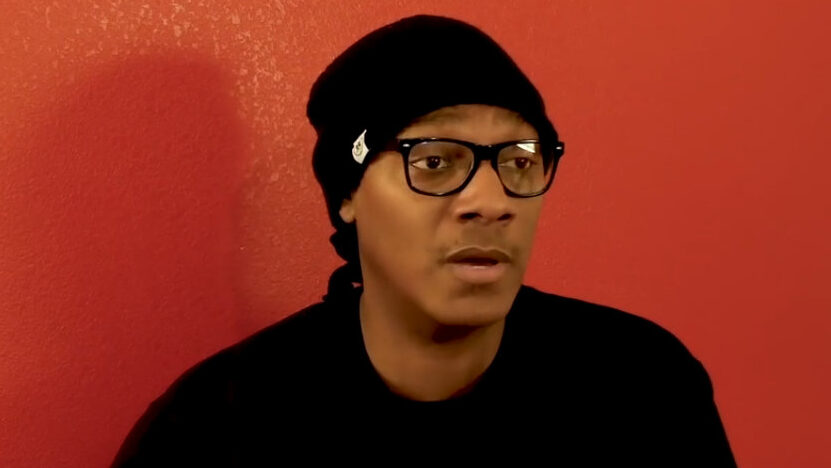
How did you put the crew and cast together? Did you start writing with a known cast? What was your rehearsal process and period?
JB: I asked people I knew with cameras for favors when it came to shooting interviews. I knew we needed a celebrity for this film. Everyone told me that was the big mistake I made with my first film. So Jessica and I started researching celebrities who have been affected by suicide. She discovered that Jared Padalecki had just launched Always Keep Fighting that month and at that time I had been working as a production assistant on a film directed by Tracy Pellegrino. Tracy’s husband, Mark was an actor on Supernatural so I told her about my documentary and asked if she could help me get word to Jared and see if he would be interested in my documentary… And the rest, as they say, is history.
What and how long did it take to complete the script?
JB: I wrote the essay on my own. I don’t remember how long it took me, but I started in 2015 and I believe it was 2018 when I was finally ready to record the voice over with Bruce at Unison Studios. The original essay which became the narrative of the film was 15 pages. We recorded two takes.
When did you form your production company – and what was the original motivation for its formation?
JB: Starseed Pictures was formed in 2014 with the birth of my first documentary because I learned it a necessary part of independent filmmaking.
What other films have you written and made?
JB: My first documentary is Beautiful Births (2014), I also directed the short films: Burden of Proof (2015) Short film, created in Sex Scenes class instructed by James Franco. Love & Other Lies (2016), SED (Thirst) (2016) – is currently in a virtual film festival Until June 5, 2020. Watch behind the scenes making of the movie
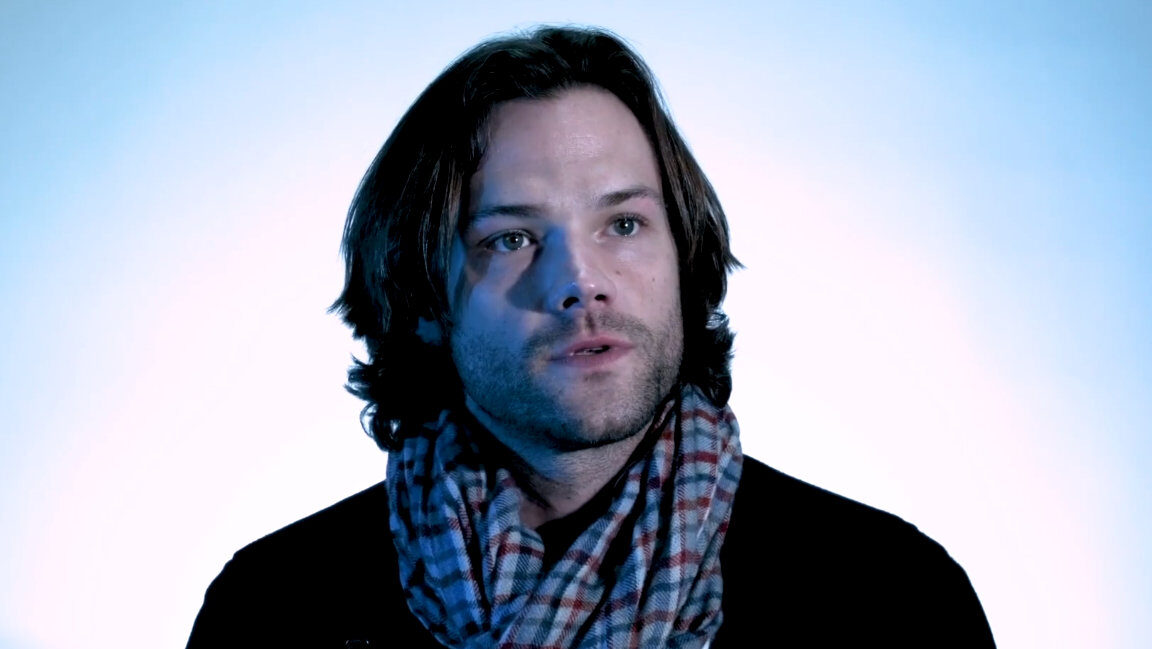
What do you hope audiences get from the presentation of your film?
JB: I hope they will learn something, feel something and start a conversation.
What are your future goals?
JB: I have every intention to make more important documentaries as well as eventually direct my feature narrative screenplays. Financial independence through filmmaking is a big goal. I hope I’m good enough at what I do to level up and accomplish that.
What do you think indie filmmakers need in today’s world of filmmaking?
JB: I think every filmmaker needs the inner strength to follow through and complete their projects with or without support and financing. People are great at making excuses, and there are some who make excuses instead of films but I make films instead of excuses. Learn how to do it yourself. Learn how to write. Learn the writing software. Learn how to edit. Learn how to promote your work to your audience. And keep learning as you go, there’s always more to learn and always solutions if you look for them. But if all you’re looking for is obstacles, you’ll find those too. Keep sight of what your focus is on.
What else have you got in the works?
JB: I have two documentaries in development, one on animal rescue and one on domestic violence, two other subjects I feel very strongly about and have a lot to say on. I expect they’ll take a few years from now till completion.
Tell us what you think of the interview with Jacqui Blue What do you think of it? What ideas did you get? Do you have any suggestions? Or did it help you? Let’s have your comments below and/or on Facebook or Instagram! Or join me on Twitter.
Richard Green Documentary, ‘I Know Catherine, The Log Lady’: Premiere in NYC, LA May 9th
Lynchian Doc I Know Catherine, The Log Lady Makes Hollywood Premiere 4/17, Rollout to Follow
In Camera by Naqqash Khlalid Launch on VOD April 29
Naqqash Khlalid’s Directs Nabhan Rizwan. In Camera stars an EE BAFTA Rising Star Award Nominee.
2025 Philip K. Dick Sci-Fi Film Festival Award Winners Announced
Vanessa Ly’s Memories of the Future Awarded Best PKD Feature
Dreaming of You by Jack McCafferty Debuts VOD & DVD for April Release
Freestyle Acquires “Dreaming of You” for April 15th Release
Hello Stranger by Paul Raschid set for London Games Festival & BIFFF
The film Is set for an April 10th Premiere at The Genesis Cinema in London (LGF) and BIFFF
Daydreamers Official Trailer by Timothy Linh Bui: Released by Dark Star Pictures
Daydreamers Vietnamese Vampire Thriller – May 2nd release









